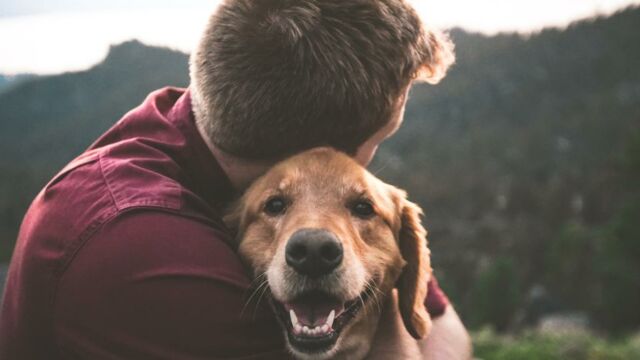Humans shown to transmit deadly COVID virus to their pets

Research has found humans to be able to infect their pets with COVID causing concern that animals could become reservoirs of the virus and reinfect their owners.
Various research conducted around the world has found that humans who test positive for COVID-19 are able to pass down the virus to their pets.
Discover our latest podcast
Could we be killing our pets?
One particular study showed that 13 out of 310 pets from 196 households returned a positive PCR result, while 54 cats and dogs were found to have antibodies. Dr Els Broens from Utrecht University, said:
More under this adMore under this adIf you have COVID, you should avoid contact with your cat or dog, just as you would do with other people. The main concern is not the animals' health but the potential risk that pets could act as a reservoir of the virus and reintroduce it into the human population.
Is animal-to-human transmission possible?
Although no concrete evidence has been found showing animals to be able to infect humans, researchers have not discarded the possibility as more definitive results will come to light after the spread between humans is less rampant. Dr. Els Broens explains:
More under this adMore under this adWe can't say there is a 0% risk of owners catching Covid from their pets. At the moment, the pandemic is still being driven by human-to-human infections, so we just wouldn't detect it.
Another study carried out by scientists from the University of Guelph in Ontario, Canada, claims that cats who sleep with their owners are at a particularly high risk of infection. This research also found that out of 48 cats and 54 dogs tested from 77 households, about 67% of the owned cats and 43% of the owned dogs tested positive.
More under this adMore under this adCambridge University veterinary medicine professor, James Wood, said that although research conducted on the topic has shown humans to be responsible for infecting their pets, the opposite seems rather unlikely. He explains:
The Dutch study is robustly conducted and shows that around 20% of exposed pets may be infected and that they eventually clear the infection just as most humans do. Most reports are that this infection appears to be asymptomatic.More under this adMore under this ad
And added:
It also seems that the virus does not normally transmit from dogs and cats to either other animals or their owners.